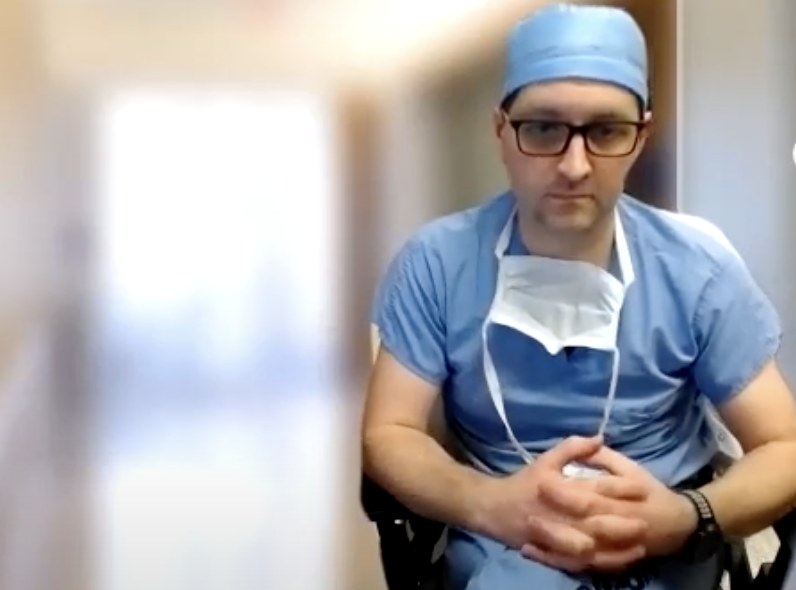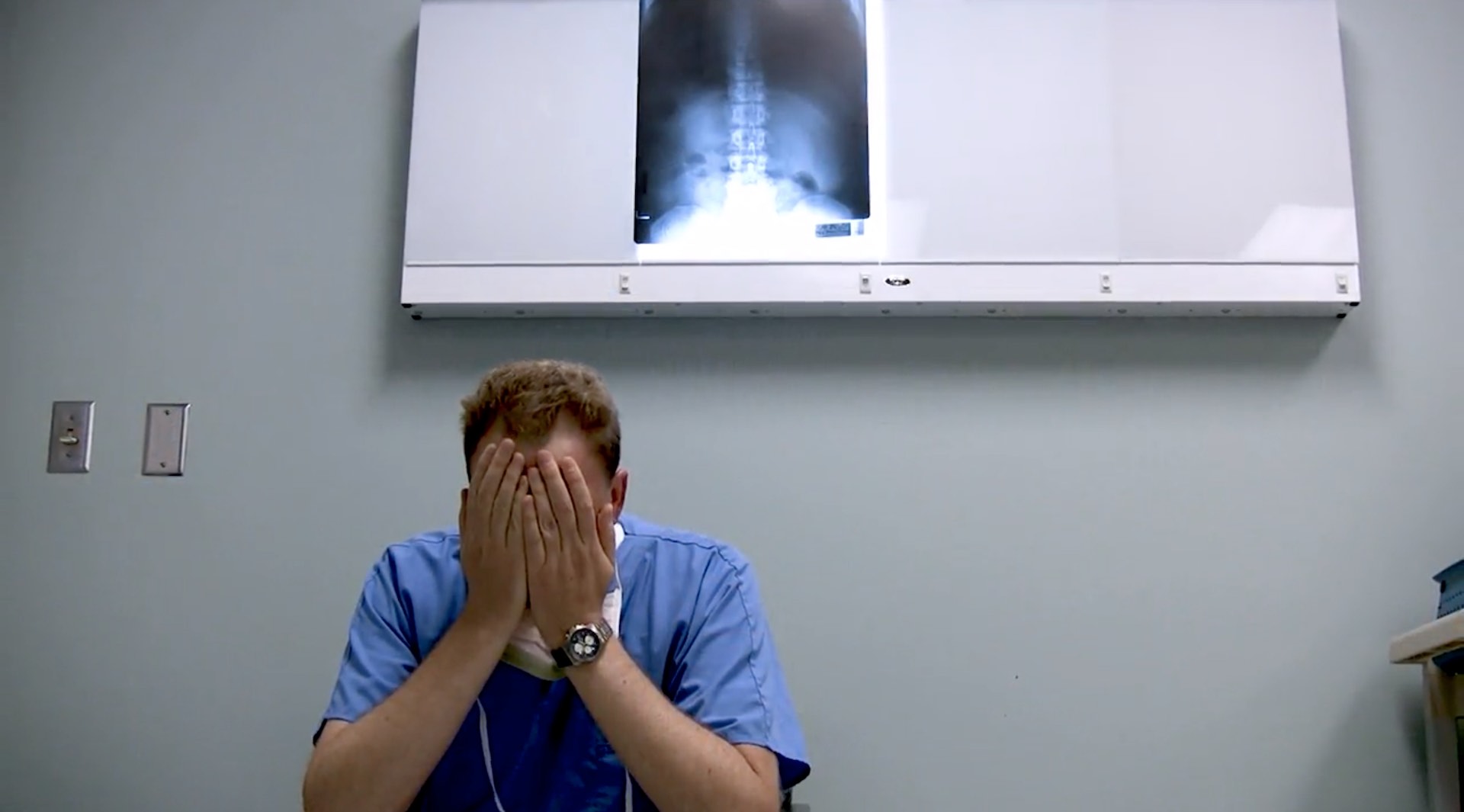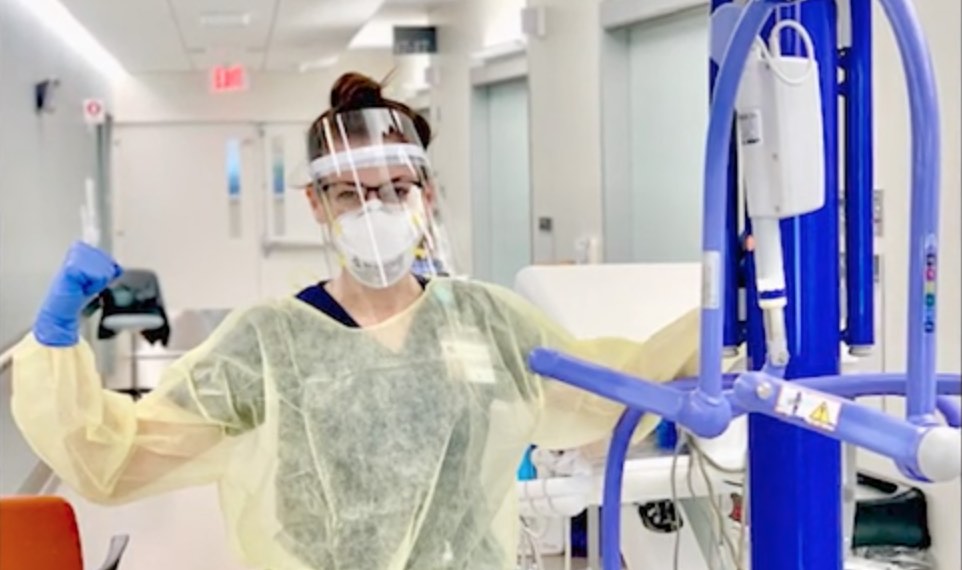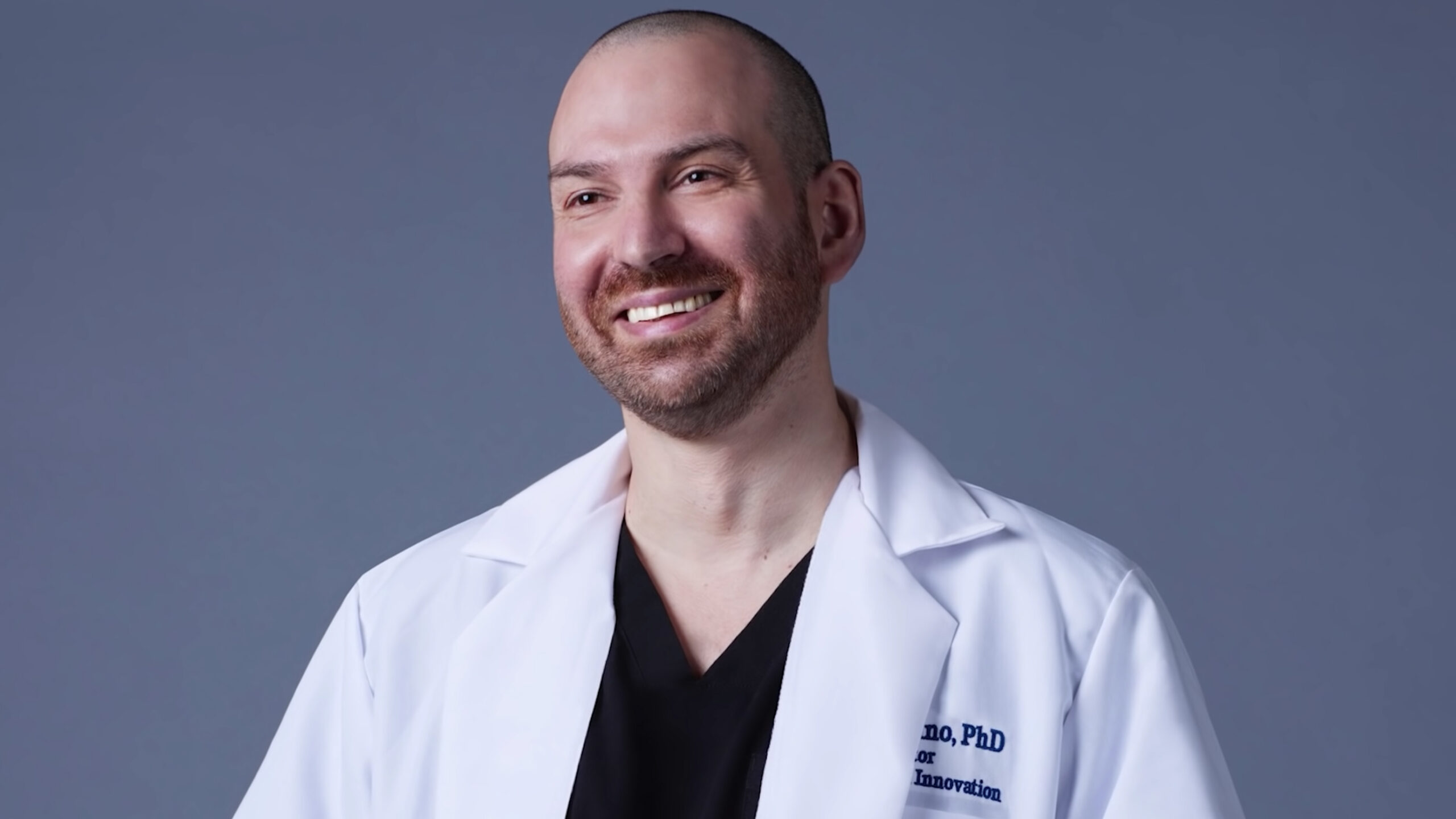NEW YORK (Reuters Health) – Patients with Kawasaki disease that is likely to be refractory, based on a standardized scoring system, respond well to primary treatment with a combination of intravenous immune globulin (IVIG) and pulsed IV methylprednisolone (IVMP), a Japanese team reports in Pediatrics for January.
The authors explain that IVIG+IVMP is already established as effective therapy for refractory Kawasaki disease (KD), i.e., disease that is resistant to IVIG alone. “This study demonstrated that IVMP+IVIG combination therapy, as a new strategy for primary treatment, is safe and effective for patients predicted to have refractory KD based on the Egami score,” they conclude.
The Egami scoring system factors in age, days of illness, platelet count, C-reactive protein, and alanine aminotransferase levels. A score of 3 or more has been shown to predict refractory disease
For their study, Dr. Masahiro Ishii and colleagues at Kitasato University School of Medicine in Kanagawa-ken enrolled 122 patients diagnosed with Kawasaki disease; 48 had an Egami score of 3 or higher. The patients with predicted IVIG response (i.e., Egami score no more than 2) received standard therapy while those with predicted refractory disease were randomized to IVIG (n=26) or IVIG +IVMP (n=22).
The main endpoint was absence of fever (<37.5 C) at 36 hours after treatment. In the predicted refractory group, this was achieved by 19 (86%) of the 22 given IVIG+IVMP compared with only 6 (23%) of the 26 receiving IVIG alone, the investigators report.
The rate of adverse events (hypothermia, bradycardia, or hypertension) was significantly higher in the IVMP+IVIG group (27.3%) than in the single-IVIG group (8.5%; p=0.04), the report indicates. These effects were transient and resolved within 36 hours.
While the strategy appears safe and effective, Dr. Ishii and colleagues acknowledge that this single-institution pilot study was not blinded. “Therefore,” they say, “a multicenter, double-blind, placebo-controlled study will be necessary to confirm the safety and efficacy of this treatment regimen.”
Reference:
Corticosteroid Pulse Combination Therapy for Refractory Kawasaki Disease: A Randomized Trial
Pediatrics 2012;129.









